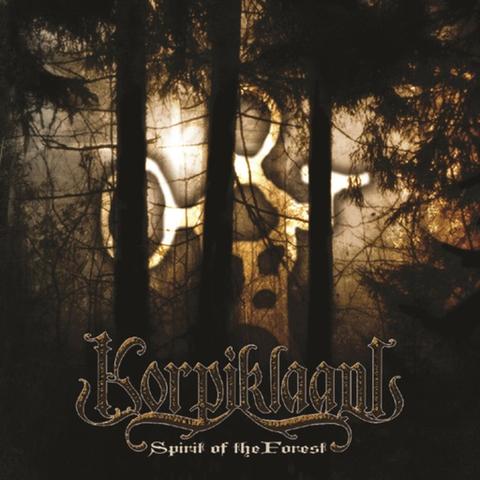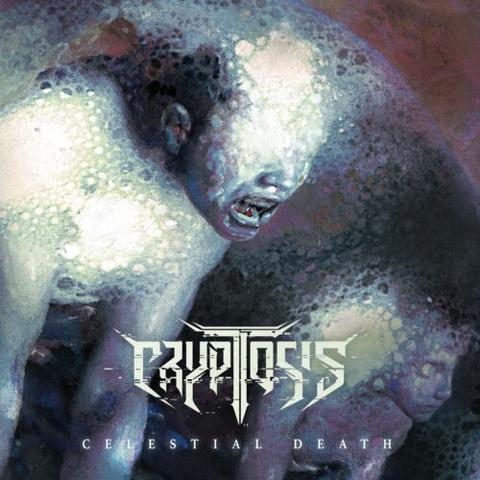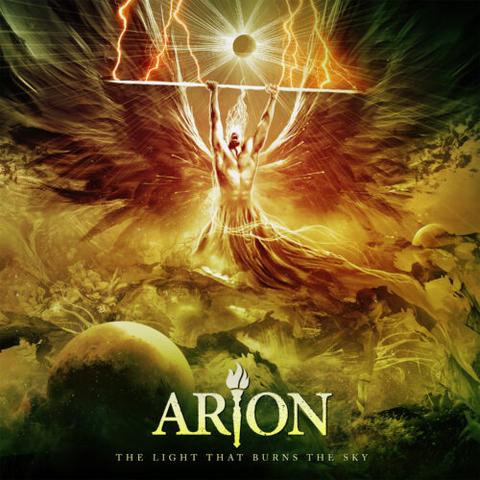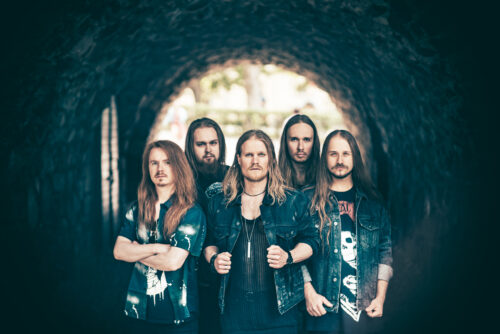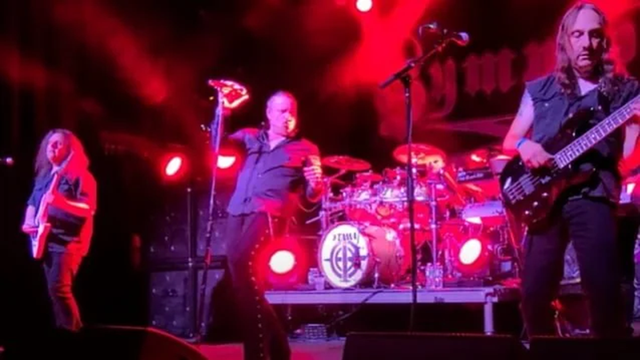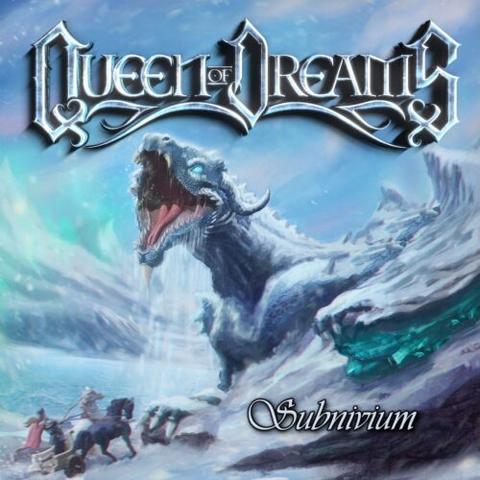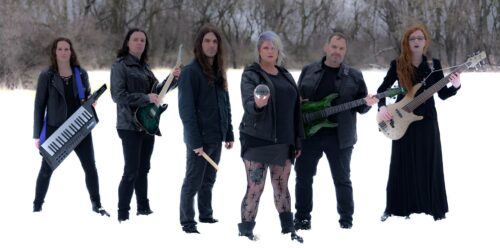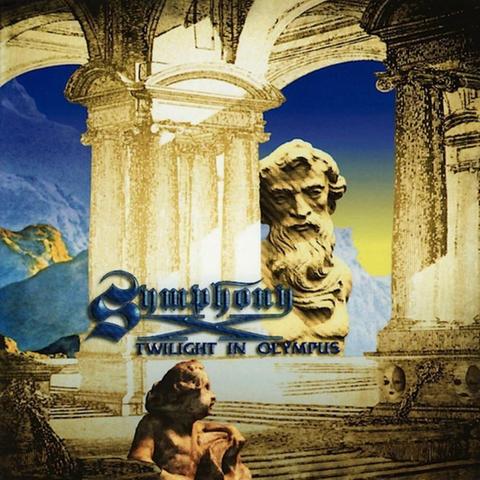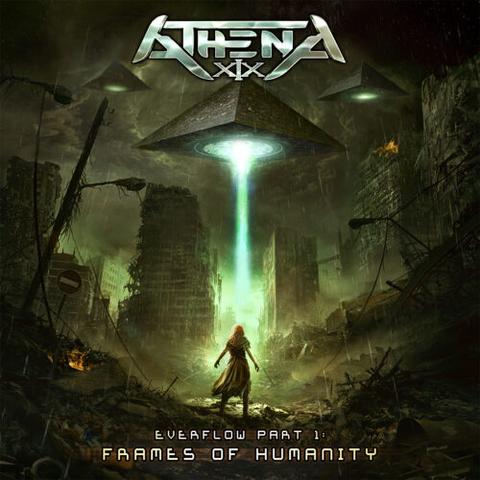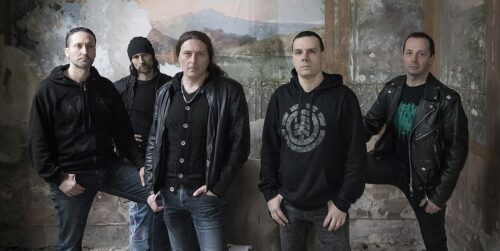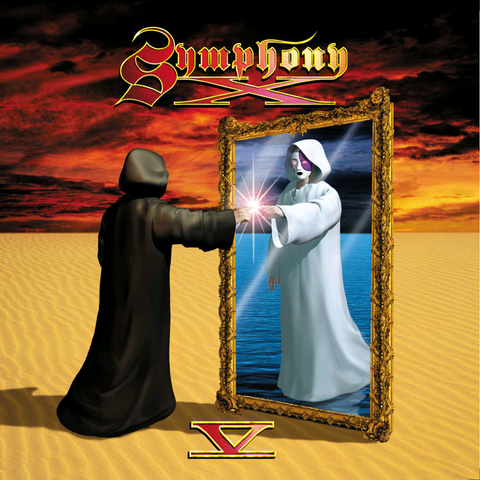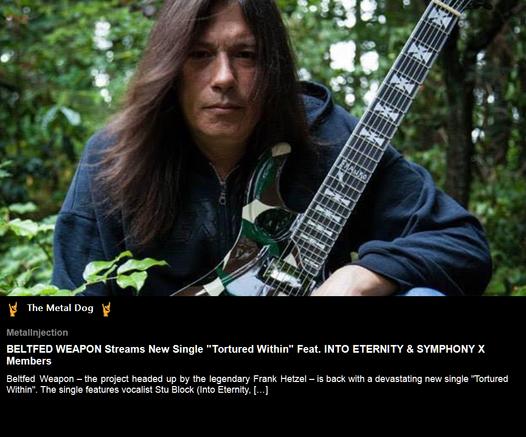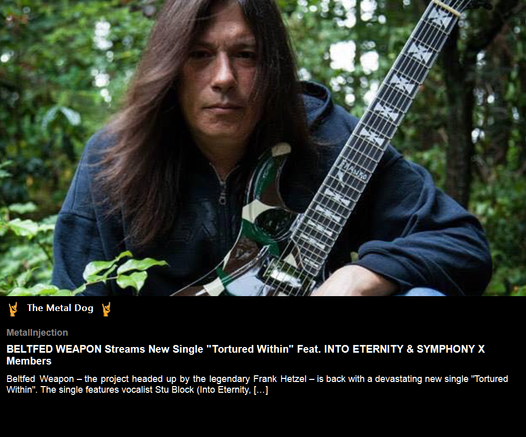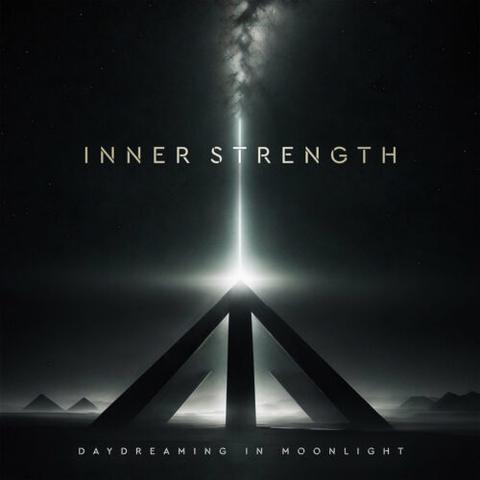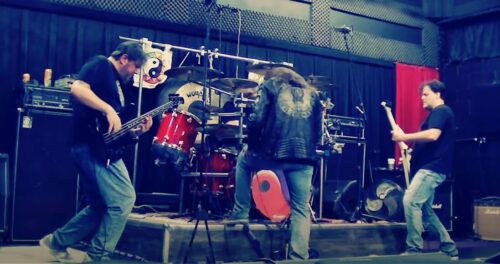Cryptosis – Celestial Death Review
By Iceberg
When it comes to evolving past its lean, mean beginnings, thrash has had a rough go of it. Modern iterations shoot for a return-to-roots approach, which feels doomed to fall short in the shadow of the genre’s titans or augment the style with increasingly odd bedfellows (I’m looking at you Demoniac). Dutch trio Cryptosis fell firmly in the latter camp with their 2021 debut, Bionic Swarm, and they’ve continued to march away from their Teutonic roots with follow-up Celestial Death. Bionic Swarm passed 4.0ldeneye’s questionably positioned bar for admittance to “Great” status, and being the scholar and gentleman that he is, he was gracious enough to allow little ol’ me to sink my teeth into Cryptosis’ sophomore effort. Sporting a spiffy new Kantor cover and promising a more “cinematic path” and “darker atmosphere,” I’m hoping Celestial Death will give me another reason to believe that thrash is still alive and well.
Thrash was a basis for Bionic Swarm, but here it’s used more as a color on Cryptosis’ palette. The boundary-pushing sounds of Vektor are still present here, but they’re joined by Gothenburg melodeath (“Ascending”) and expansive post-metal instrumentals (“The Silent Call,” “Coda-Wander Into The Light”). Even as they widen their stylistic pool, Cryptosis retain a high level of musicianship and execution. Marco Prij’s drumming is still blisteringly fast, and added creativity in the cymbal-work (“Static Horizon,” “Ascending”) and decidedly non-thrash blasting (“The Silent Call,” “Cryptosphere”) makes it a great listen for the rhythmically inclined. Frank te Riet’s synths are much more present this go-around, and paired with his mellotron work, they achieve a void-wrapped atmosphere worthy of the album’s title. Frontman Laurens Houvert reminds us this album is still rooted in furious thrash, though, and his gruff barks paired with maniacally dancing riffs make Celestial Death an entertaining and, at times, challenging record.
Thrash is known for burning hot and dying fast, but that’s not the case with Celestial Death. Although only 42 minutes, a perfectly adequate runtime, there’s lots of heady material packed into these 11 tracks. Bookended and bisected by instrumentals, there’s an erudite symmetry to Celestial Death’s structure. The front half features 4 experimental non-thrash compositions, while the back half’s 4 are more concerned with kicking ass and taking names. Though I applaud Cryptosis for their willingness to color outside the lines, not everything sticks its landing. Sweeping, half-time sections showcase te Riet’s droning synths but lose precious potential energy (“The Silent Call,” “Motionless Balance”). Tracks in this half are well performed, but the songwriting feels less focused, holding onto riffs and instrumental sections a bit too long (“Static Horizon”). With the exception of proper opener “Faceless Matter” which is a successful composite of Cryptosis’ past and future, the album’s front thoughtfully meanders when it should be gripping throats.
A trio of songs in the album’s B-side reminds us of why Cryptosis deserves to be in the conversation for compelling, modern thrash. Out of the transitory warblings of “Motionless Balance” comes an absolute ripper of a track in “Reign Of Infinite.” Houvert’s opening riff sets fire to his fretboard, and the double-kick battering is a welcome backing for the most headbangable moment on the album. The instrumental in the album’s bridge, including a beautiful rising lead melody in the guitars, gives just enough time away from the sturm und drang to clear the air before plunging earthward again. “In Between Realities” pairs the album’s sole sing-along chorus with choppy rhythms and extended tremolos, and closer “Cryptosphere” makes the case for Symphony X-style thrash. My attention snapped back into place in this section of Celestial Death, ending the album on a high note and earning the place of zoom-out closer “Coda-Wander Into The Light.”
Celestial Death doesn’t give up its astral secrets easily and will rebuff the casual listener. What at first feels like a wall of riffs and washy synths eventually finds definition and reveals a burgeoning voice in extreme metal. Even the instrumentals, which are so often shoehorned into “progressive” pieces, earn their keep after repeated listens. While I don’t share the enthusiasm gene of our dear Holden, I think Cryptosis have a solid addition to their discography here and are on the verge of synthesizing their own take on modern thrash. At times viciously thrash, twistingly prog, or tantalizingly atmospheric, Celestial Death has a little something for everybody and has successfully avoided, at least in this writer’s opinion, the modern thrash trap.
Rating: 3.0/5.0
DR: STREAM | Format Reviewed: STREAM
Label: Century Media
Websites: Bandcamp | Facebook
Releases Worldwide: March 7th, 2025
#2025 #30 #CelestialDeath #CenturyMedia #Cryptosis #DeathMetal #Demoniac #DutchMetal #Mar25 #ProgressiveMetal #Review #Reviews #SpaceMetal #SymphonyX #ThrashMetal #Vektor
